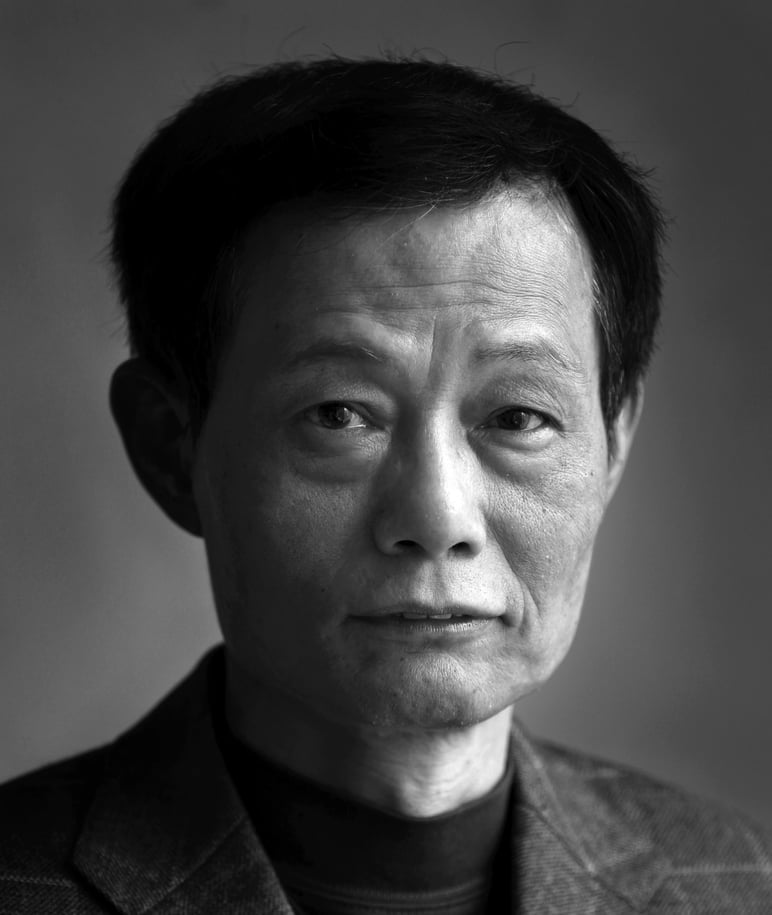
The Chinese vote-rigging scandals that raise the question: Why?
When 3,000 of China’s most influential people gathered at the Great Hall of the People in March 2013 for the pageant known as the National People’s Congress to approve a new set-up of state leadership, the world already knew Xi Jinping would be “elected” state president, Li Keqiang premier, Zhang Dejiang parliamentary chief, etc.
While the NPC is constitutionally charged with as much power as its ilk in the West, China’s communist authoritarian rule ensures the party decides everything, and parliament rubber-stamps such decisions.
But however ceremonial, seats in parliament are still highly sought-after in a corrupt political market, as evidenced by a massive recent vote-rigging scandal.

The purge has also seen 523 deputies in the provincial legislature resign or be disqualified, including 38 of 62 members of its standing committee.
But Liaoning is not the first, or even biggest, scandal. Some 518 of 529 members of the Hengyang city-level people’s congress in Hunan province were found to have taken bribes to elect delegates to the provincial legislature in 2013.
Chinese people can only directly vote for people’s delegates at township and county level. Delegates to the NPC are elected by provincial people’s congresses – and the candidate list is dictated by the provincial party committee.
Collective corruption has been increasing year after year, and it has spread from government agencies to the judicial authority, army and to the legislative bodies.
One can understand how buying promotions in the army and government has been popular, as holders can affect policymaking and allocating money.
But selling the powerless position of congress delegate prompts the question of why people pay – and risk getting caught – just to get a job sitting on their hands. And what would be the return on investment?

Being a congress delegate represents social status and influence, in a highly hierarchical society. Chinese respect for authority also helps explain why so many people are mad about such symbolic titles, whether at the NPC or the Chinese People’s Political Consultative Conference.
Under the patron-client political culture, a higher status means wider connections, and being a congress delegate helps facilitate corrupt transactions as delegates get access to people with actual power.
Such status can help people form business and political connections. These can be used to promote one’s own businesses, or to benefit from a middleman role in someone else’s deal. The annual NPC session in Beijing is an excellent occasion for networking with others from China’s political and business elites. All the most senior Chinese officials and VIPs attend.
The latest vote-buying fraud is just the most egregious manifestation of the corrupt prevailing norms and culture, which are routine in daily life and social activities.
While President Xi’s ongoing anti-graft campaign has jailed a large number of corrupt officials, it treats only the symptoms and fails to deal with the underlying disease. The corruption culture, derived from both ancient and modern authoritarian systems, has been permeating throughout every corner of the society for eons.
Cary Huang, a senior writer with the South China Morning Post, has been a senior editor and China affairs columnist since the early 1990s

